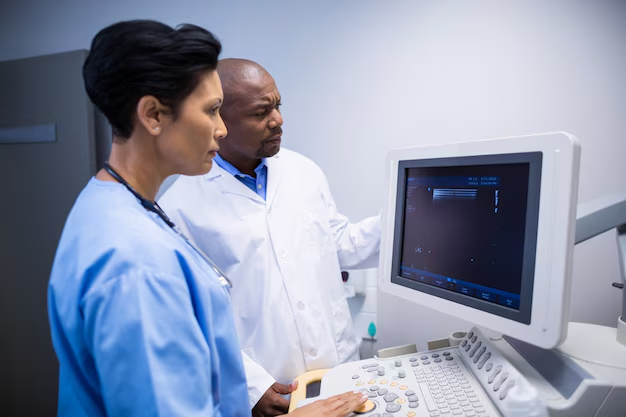How to Become a Sonographer in Florida: Degrees, Certifications, and Licenses
Embarking on a career as a sonographer in Florida is a journey filled with opportunities to blend technology and healthcare in a highly meaningful way. To start, aspiring sonographers typically need to pursue an Associate of Science degree in Diagnostic Medical Sonography, which provides the foundational knowledge and hands-on training essential for this field. Many Florida institutions offer accredited programs that emphasize both classroom instruction and clinical practice. While a degree is a significant step, obtaining certification is equally crucial. The American Registry for Diagnostic Medical Sonography (ARDMS) certification is highly recommended and can enhance a professional's credibility and career prospects. Although Florida does not mandate a state-specific sonography license, certification from recognized bodies often serves as a de facto credential for employers.
Prospective sonographers should consider enrolling in comprehensive educational programs that align with their career aspirations. Not only do these programs equip students with valuable skills, but they also open doors to advanced certifications, such as those in specialty areas like vascular or cardiac sonography. As healthcare technology continues to evolve, staying updated with certifications can ensure a competitive edge in the job market.
Key Steps to Becoming a Sonographer in Florida:
-
🎓 Associate Degree: Earn an Associate of Science in Diagnostic Medical Sonography.
-
📜 Certification: Obtain certification through the ARDMS (American Registry for Diagnostic Medical Sonography).
-
💼 Clinical Experience: Participate in clinical training as part of your educational program.
-
📈 Advanced Certifications: Consider specialty certifications for career advancement and specialization.
By following these steps, aspiring sonographers can prepare to enter a rewarding field that combines cutting-edge technology with compassionate patient care.
